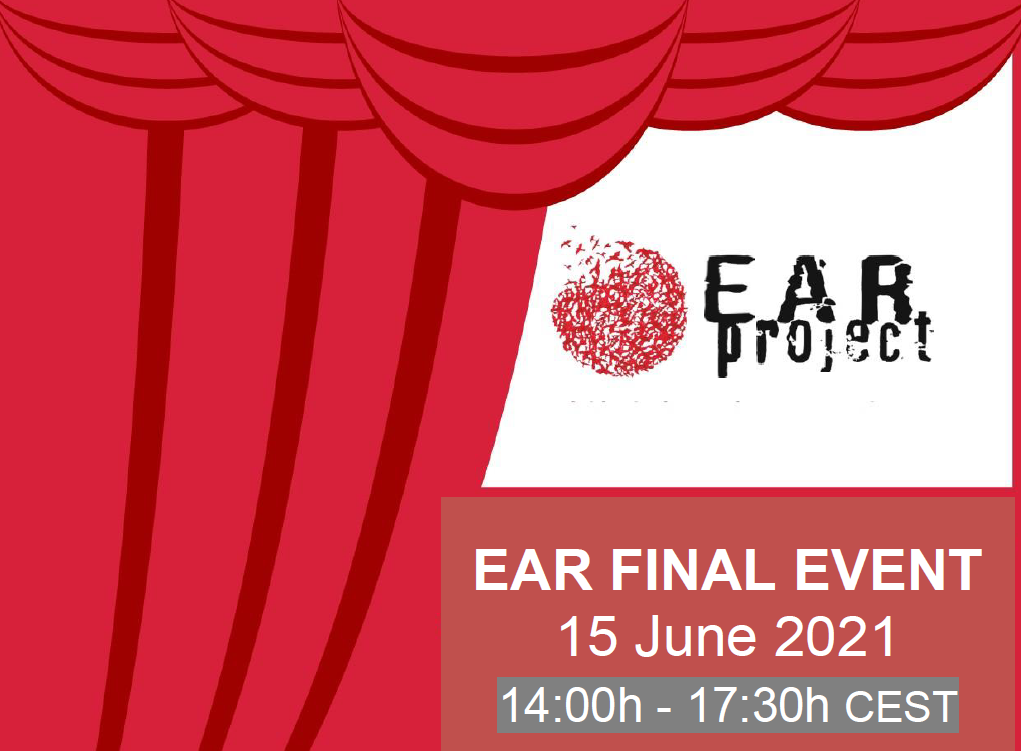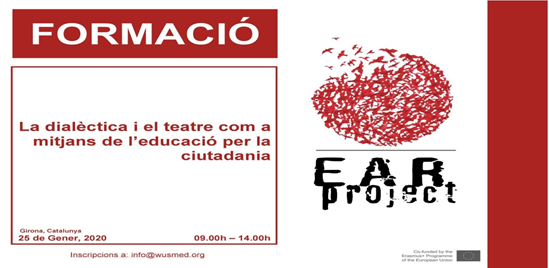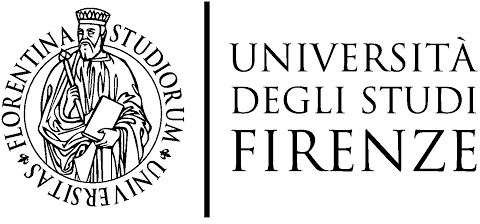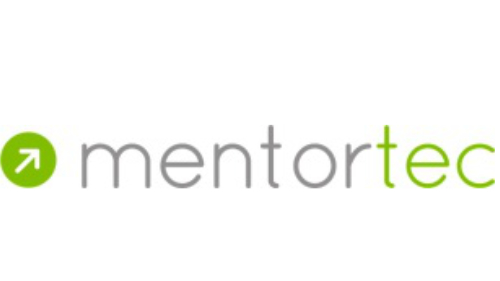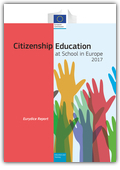The partnership had all the necessary expertise on the methods that are being transferred. All the partners are coordinators of other projects (in the framework of the Erasmus+ or the Creative Europe programme) related with social inclusion. Most of them have worked also in the field of citizenship education. The University of Florence which is going to coordinate the development of the part of the methodology related with the dialectical method has all the necessary expertise in order to develop a relevant and academically sound methodology. The Centre of Higher Education in Theatre Studies is a reputable organization in Greece experienced in the use of theatre in education and is able to transfer its expertise in the consortium.
Capacity in upscaling
The partnership included various stakeholders that were able to upscale the method in various levels. It included academic organisations (the University of Florence) which on the one hand works with teachers and schools and on the other hand is able to disseminate and upscale the methods on an academic level and through academic work and publications. Mentortec is an organization that is expert in the field of training of teachers and continuous professional development and able to transfer the method in a greater scale. WUSMED is also an organization that is specialized in innovation in training and the development of teachers’ competencies with networks not only in Spain but in the whole Mediterranean region. Acta theatre is also working in various levels for the promotion of social inclusion in education through theatre, it has already developed, through previous cooperations, methods and networks related with this objective which could be used for the upscaling. Action Synergy finally has a long record of cooperation with schools and development of networks for the promotion and upscaling of education practices.
Moreover, almost all the project partners were already coordinating other projects in the framework of Erasmus+ KA3 programme related with the upscaling of good practices, fact which gives them a significant expertise in this issue.
Finally, the list of the project associate partners includes public organisations, schools, regional authorities etc. which are key actors for the mainstreaming and upscaling of the results of the project.
Reaching the grass root level
The partners had substantial experience in reaching the grass root level. The University of Florence is constantly organizing teacher trainings and the Educational department is one of the greatest teacher training organisations in Italy. Mentortec and WUSMED are working as part of their regular work on the field with teachers that want to be trained in new and creative lessons. Acta works in the field of supporting the social inclusion in many levels including education. Action Synergy has successfully completed many projects related with innovation in teaching and training and has important networks with schools and teachers since they deliver teacher training as part of their normal activities. Also, many schools and “grass-roots” level organisations participated in the project as partners.
Make an impact on a larger scale
The project included organisations that are able to extend the impact of the project on a larger scale. The University of Florence is able to transfer the results of the project at a policy level being one of the main institutions responsible for teacher training. They can also transfer the results of the project in the academic level and in the scientific community. WUSMED is also able to transfer the project results through its networks throughout the Mediterranean region.
